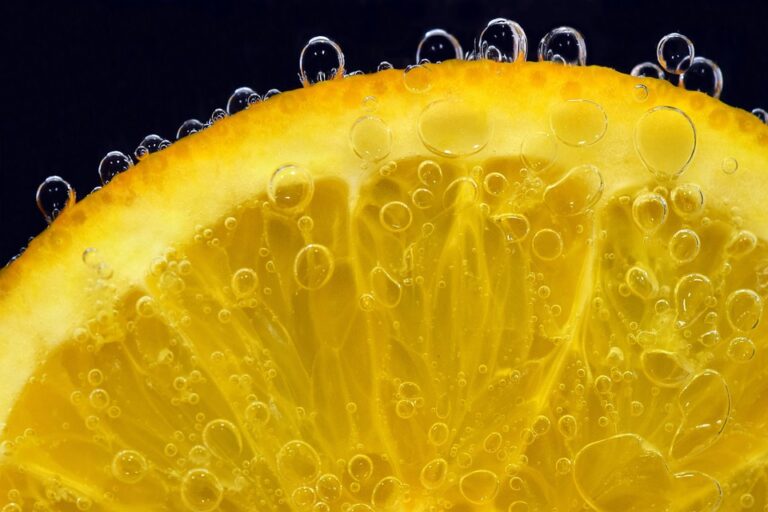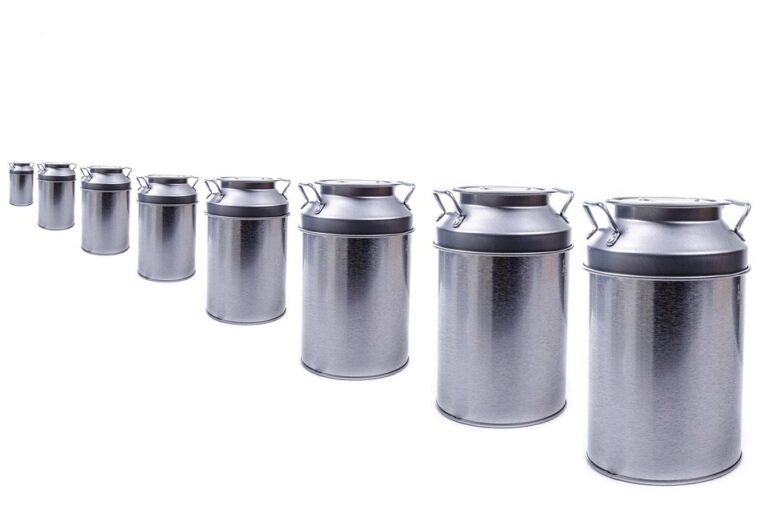
Understanding Iron Supplements: Common Types and Their Essential Uses
Iron supplements have gained considerable attention in recent years, especially as conversations about health and nutrition become increasingly prevalent. But what exactly are these supplements, and why are they so critical in our daily diets? Let’s delve into the nuances of iron supplementation, exploring the various types available and their distinctive roles in maintaining our well-being.
1. The Importance of Iron
Iron, a vital mineral, plays an indispensable role in the body. It is a key component of haemoglobin, the protein in red blood cells responsible for transporting oxygen throughout the body. Without adequate iron intake, individuals may experience fatigue, weakened immunity, and in severe cases, anaemia. The World Health Organisation has noted that iron deficiency is one of the most common nutrient deficiencies globally, affecting millions.
2. Different Types of Iron Supplements
When it comes to iron supplementation, not all forms are created equal. Understanding the common types can significantly influence their effectiveness:
-
Ferrous Sulfate: Perhaps the most widely used, ferrous sulfate is readily absorbed by the body. Typically, this form is recommended for those diagnosed with iron deficiency anaemia due to its potency and lower cost. However, it may cause gastrointestinal discomfort, which can deter some users.
-
Ferrous Gluconate: This is another popular form, often touted for being gentler on the stomach. While it may be slightly less effective than ferrous sulfate in terms of iron content, many prefer it for its reduced side effects.
-
Ferrous Fumarate: Similar to the above options, ferrous fumarate is easily absorbed and offers a balanced approach between efficacy and tolerability. It contains a higher iron content per tablet compared to some alternatives, making it a frequent choice for supplementation.
-
Heme Iron: Derived from animal sources, heme iron is generally more efficiently absorbed by the body compared to non-heme iron found in plant-based foods. Supplements containing heme iron might be particularly beneficial for those who struggle to meet their iron needs through diet alone.
3. Identifying Your Needs
Before embarking on an iron supplementation journey, it’s crucial to assess your individual needs. Have you been feeling unusually fatigued? Are you following a vegetarian or vegan diet, which may limit your iron intake? The NHS recommends consulting with a healthcare professional to determine whether supplementation is necessary and which type might be most suitable for you.
4. Potential Risks and Considerations
While iron supplements can be life-changing for many, they are not without risks. Excess iron can lead to toxicity, resulting in a range of health issues, including liver damage and heart problems. This is particularly pertinent for individuals with conditions such as haemochromatosis, where iron absorption is already heightened. Monitoring and regular blood tests can provide insight into iron levels, ensuring that one does not fall into the trap of over-supplementation.
5. The Role of Diet
Iron supplements can work wonders, but they should ideally complement a balanced diet rich in iron-containing foods. Red meat, leafy greens, lentils, and fortified cereals can all contribute to your daily iron intake. Pairing these foods with vitamin C-rich items, such as oranges or bell peppers, can enhance iron absorption, creating a powerful duo for health.
As we navigate the complexities of iron supplementation, it becomes evident that these little pills hold significant power in promoting health and vitality. Understanding the various types available, recognising personal needs, and being aware of potential risks can empower individuals to make informed decisions about their health.
BargainsTrust continues to bring you a curated selection of valuable information and products, ensuring you stay informed about health essentials and much more.






